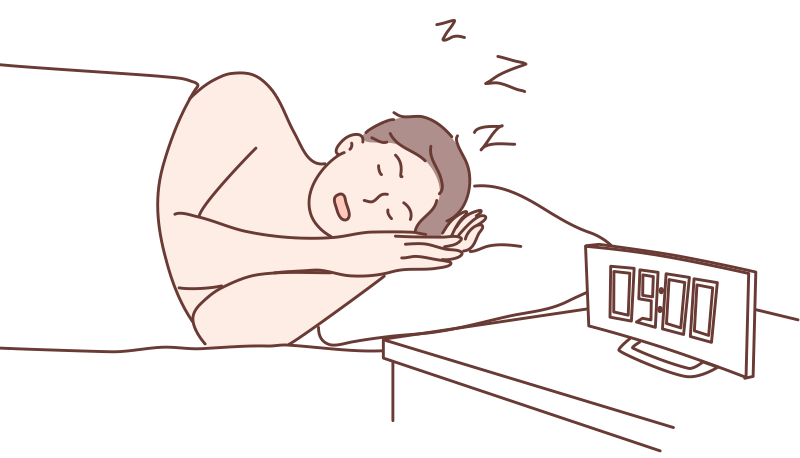Get the Light Right
One of the easiest ways to get into “rest mode” is to adjust your exposure to light. When you're exposed to light, your brain stops producing melatonin, the sleep hormone. This makes you feel awake and alert. And while the debate on whether blue light from our devices effects our sleep is still being questioned, there's no doubt that doomscrolling or binge watching keeps your mind racing while you're trying to relax. Consider shutting down your screens an hour before shuteye.
Ease Anxiety by Journaling
Dr. Kannan Ramar, president of the American Academy of Sleep Medicine, says that you can put fears, worries and other troubling thoughts to bed by writing them down before you try to fall asleep. She suggests taking 20 minutes to jot down to-dos for the next day or simply to write out what you're worried about in order to release them from your mind. Another tactic? Use that time to write out a few things you're grateful for.
Reclaim Your Bed
Some people can lounge in their pajamas all day, working and snacking from bed and have no problem. But if your sleep could be improved, reserve your bedroom for sleep and sex. And get dressed as soon as you wake up. Dr. Don Mordecai, national leader for mental health and wellness at Kaiser Permanente, says that it's incredibly important to develop habits that prepare you for healthy sleep. He says you want to retrain your brain to think of your bed as the ultimate place for relaxation and rest.
Work It Out
It sounds simple: exercise and you'll tire yourself out. But getting active has a lot of scientific benefits that lead to better quality sleep. According to Dr. Ramar exercising outdoors boosts your oxygen levels, which helps calm you while vitamin D from sunlight helps regulate circadian rhythms to keep your bedtime consistent and help you sleep more soundly.
Rewire Your Metabolism
Digestion and metabolism also play a role in wakefulness and sleepiness. Researchers from Harvard Medical School found that, in animals, circadian rhythms shifted to match food availability. The scientists suggest that fasting for about 16 hours (say, on a flight and until the next local meal time) will help reset your internal clock and help reduce jet lag when traveling across time zones. For local sleep disturbances, try a 16-hour fast by eating an early dinner (around say 4:30 p.m.), and then avoiding food until tomorrow morning (8:30 a.m.). Once your sleep is back on track, try to maintain regular breakfast and dinner times to support consistent circadian rhythms, aiming for 12 hours between the two meals.


































